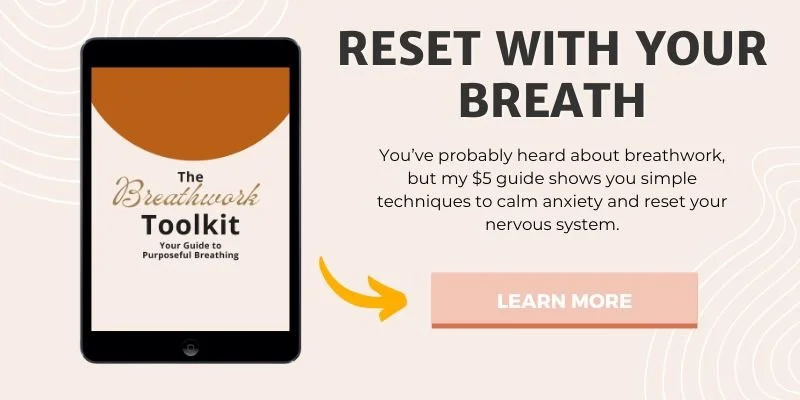Strategies for Anxiety: A Practical Guide
Anxiety is a condition that affects millions of individuals worldwide. Whether it’s job-related, caused by events in one’s personal life, or a combination of both, anxiety can have a serious impact on our productivity, health, and well-being. It can be difficult to manage anxiety as it can manifest in numerous ways, such as severe panic attacks, racing thoughts, and physical symptoms. However, with the right strategies and tools, it is possible to effectively manage anxiety.
In this blog post, I will explore various strategies and techniques for managing anxiety and provide a practical guide on how to effectively manage it. I will discuss how to identify and challenge anxious thoughts, how to use mindfulness and relaxation techniques, how to build supportive relationships, and how to develop a plan for managing anxiety. I will also explore the role of professional help, if necessary. By the end of this blog post, you will be armed with the knowledge, skills, and resources to successfully navigate anxious feelings.
Learn Breathing Techniques
Among the many strategies for managing anxiety, learning breathing techniques is one of the most effective. Taking a few minutes every day to focus on your breath can help calm your nervous system and increase your overall sense of well-being.
There are several different breathing techniques you can try. Box breathing, for example, involves breathing in slowly for four seconds, holding the breath for four seconds, breathing out slowly for four seconds, and then holding the breath for four seconds before repeating the cycle.
Diaphragmatic breathing is another great technique, as it helps you to slow your breathing down and become more mindful of your body. Both of these techniques can help you to relax and find relief from anxiety.
Engage in Physical Activity
Exercise is an important part of managing anxiety. Not only does it help release mood-boosting endorphins, but it also encourages you to take a break from your worries and focus on the present. Aim to get a minimum of 30 minutes of exercise every day, whether it’s running, cycling, or simply going for a walk. If you don’t have time for a full workout, try stretching or yoga for a few minutes to help you relax and clear your mind.
Connect with Your Support System
Anxiety can be an isolating and lonely experience, especially when you feel like no one understands what you’re going through. It’s important to remember that there are people in your life that want to provide you with comfort and support. It can be hard to reach out for help, but it’s essential to connect with your support system.
Surround yourself with people who can provide you with both emotional and practical support. This could include family, friends, colleagues, or even a mental health professional. It’s important to be open and honest about your struggles and needs. Talk to your support system about how you are feeling, and let them know what kind of help you need. Your support system can help you stay connected and remind you that you are not alone.
Identify Your Stressors
Identifying your stressors is the first step in managing anxiety. The most common sources of stress include work, relationships, financial issues, and health concerns. It's important to think about which of these areas are causing you the most distress. Additionally, you should also consider the less obvious sources of stress in your life, such as time constraints, familial expectations, and even the daily news. Once you have identified the sources of stress in your life, you can start to develop strategies for dealing with them.
Practice Mindfulness and Meditation
Mindfulness and meditation are practices that can help us become more aware of our thoughts, feelings, and sensations and how we respond to them. Mindfulness involves paying attention to the present moment without judgment, while meditation encourages us to focus on our breath, body, and inner experience. Both practices can help us to become better able to recognize and manage our anxiety symptoms in the moment, rather than allowing them to spiral out of control.
In conclusion, it is important to remember that, although anxiety is an overwhelming emotion, it can be managed and reduced with the right strategies. By understanding the everyday triggers and symptoms of anxiety, it is possible to create a self-care routine that can help you feel more relaxed and in control. With patience and practice, anxiety can be managed, and you can begin to live your life with greater peace and confidence.
About the Author
Taylor Garff, M.Coun, LCPC, CMHC, LPC, is a licensed therapist with over 10 years of experience helping adults manage anxiety, overwhelm, and identity challenges. He is certified in HeartMath, Safe and Sound Protocol (SSP), and breathwork facilitation. Taylor is the founder of Inner Heart Therapy, where he provides online therapy across multiple states.

